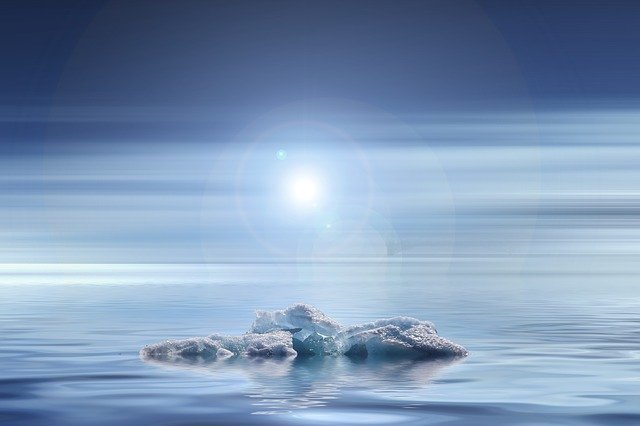Climate change has come into the limelight again. Due to ice sheet melting in Greenland and Antarctica the sea level has risen by 1.8cm since the 1990s. Environmental scientists see the phenomenon as worst-case scenario forecasts for the future.
According to a new study from the University of Leeds and the Danish Meteorological Institute, the ice sheets are expected to raise sea levels by a further 17cm and expose an additional 16 million people to annual coastal flooding by the end of the century, if current rates of ice melting continue.
The ice sheets were first monitored by satellite in the 1990s. Since then, the melting of ice from Antarctica has increased global sea levels by 7.2mm, while Greenland has contributed 10.6mm. The latest measurements show that the world’s oceans are now rising by 4mm each year.
Dr Tom Slater, the lead author of the study, has said climate researchers have expected that global warming would cause more ice to melt, which means the ice sheets would lose more ice, but the rate at which the sheets are melting is much more than the researchers could have imagined.
He added: “The melting is overtaking the climate models we use to guide us, and we are in danger of being unprepared for the risks posed by sea-level rise.”
The results are now published in a study in the journal Nature Climate Change. It analyzed the latest data obtained from satellite surveys and used climate models to calculate the changes. The authors warn that the ice sheets are losing ice at a rate predicted by the worst-case climate warming scenarios.

Dr Anna Hogg, the study co-author, said: “If ice sheet losses continue to track our worst-case climate warming scenarios, we should expect an additional 17cm of sea-level rise from the ice sheets alone. That’s enough to double the rate of storm-surge flooding in many of the world’s largest coastal cities.”
So far, global sea levels have increased in the most part through a mechanism called thermal expansion, which means that the volume of seawater expands as it gets warmer. But in the last five years, ice melt from the ice sheets and mountain glaciers has overtaken global warming as the leading cause of rising sea levels.
Dr Ruth Mottram, study co-author and climate researcher at the Danish Meteorological Institute, said: “It is not only Antarctica and Greenland that are causing the water to rise.
In recent years, thousands of smaller glaciers have begun to melt or disappear altogether, as we saw with the ‘glacier Ok’ in Iceland, which was declared “dead” in 2014. This means that the melting of ice has now taken over as the main contributor to sea-level rise. “















